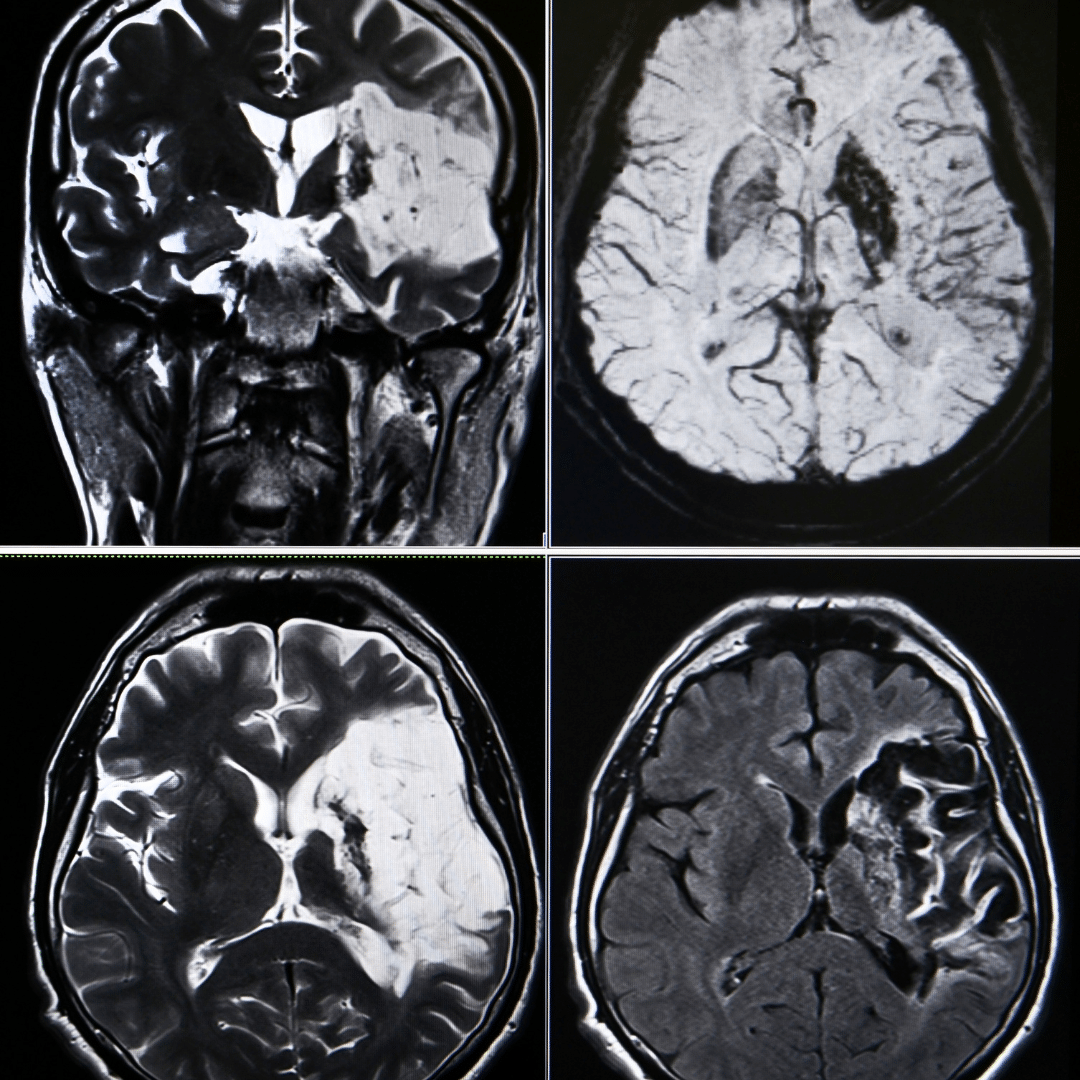A stroke can be a life-altering event, impacting one’s physical health and the ability to work and maintain financial stability. For those facing the aftermath of a stroke, seeking Long Term Disability benefits under the Employee Retirement Income Security Act (ERISA) becomes a critical step in the journey toward recovery.
In this blog, we’ll explore the complexities of ERISA Long Term Disability claims in the context of strokes, shedding light on the challenges individuals may encounter and providing guidance on navigating this intricate process. And how having the assistance of a Sanford Long Term Disability attorney helps.
Understanding ERISA and Long Term Disability
ERISA is a federal law that governs most employer-sponsored “Employee Welfare Benefit Plans,” including Long Term Disability insurance. Long Term Disability benefits are designed to provide financial support to individuals who are unable to work due to a qualifying disability, such as the aftermath of a stroke. Typically, the plans provide for benefits up through the usual date of retirement, previously age 65 but now as late as age 67.
The Importance of Comprehensive Medical Documentation
The success of an ERISA Long Term Disability claim after a stroke hinges on comprehensive medical documentation. Claimants must provide detailed records of their stroke diagnosis, treatment plans, and ongoing medical care to demonstrate the severity and impact of the condition. Our Sanford Long Term Disability attorney can help you gather the medical evidence you need for a better chance of claim approval.
Functional Limitations Assessment
In some circumstances, a functional limitations assessment must determine how the stroke impacts a claimant’s capacity to perform the “substantial and material duties” of their occupation. ERISA requires individuals to illustrate how the stroke has resulted in functional limitations that hinder their ability to perform the essential duties of their job.
Navigating the Appeals Process
If an ERISA Long Term Disability claim is initially denied, individuals must navigate the appeals process. Seeking legal representation from a Sanford Long Term Disability attorney during this phase is critical. Much like a legal brief, the Administrative Appeal letter must address and disprove the denial’s reasons, provide additional medical evidence when available, and build a compelling case for reconsideration.
Maintaining Detailed Medical Records
Maintaining detailed medical records from the beginning of your claim is essential. Having someone attend medical appointments with you can be beneficial for a medical condition such as a stroke. Additionally, keeping personal notes in your “Case Diary” about how the stroke impacts you daily, physically and cognitively, can provide valuable documentation.
Familiarizing Yourself with Policy Terms
To understand the process thoroughly, familiarize yourself with the terms of the ERISA Long Term Disability plan documents, usually an insurance policy. This knowledge is essential in preparing an appeal that aligns with the policy’s criteria.
Seeking Assistance in the Pursuit of Benefits
Facing the aftermath of a stroke is challenging, but individuals are not alone in the pursuit of Long Term Disability benefits under ERISA. By arming themselves with comprehensive medical documentation, understanding policy terms, and seeking guidance from a Sanford Long Term Disability attorney when needed, individuals can navigate the intricate process of an ERISA Long Term Disability claim after a stroke.
This proactive approach ensures a thorough and accurate evaluation of their condition, leading to access to the benefits they need for ongoing care and financial stability.
Contact Us for Assistance
If you have any questions about your Short Term Disability or Long Term Disability claim, please contact Herbert M. Hill, P.A. We are a law firm located in Orlando, Florida, with a practice extending throughout the state. While most cases handled are for disability insurance benefits, areas of practice include employee benefit claims.
Our firm handles any claims arising under the Employee Retirement Income Security Act (“ERISA”) for disability benefits, medical benefits, retirement benefits of any sort, including pension, 401k, termination agreements, or the like, and claims arising under private disability policies.






